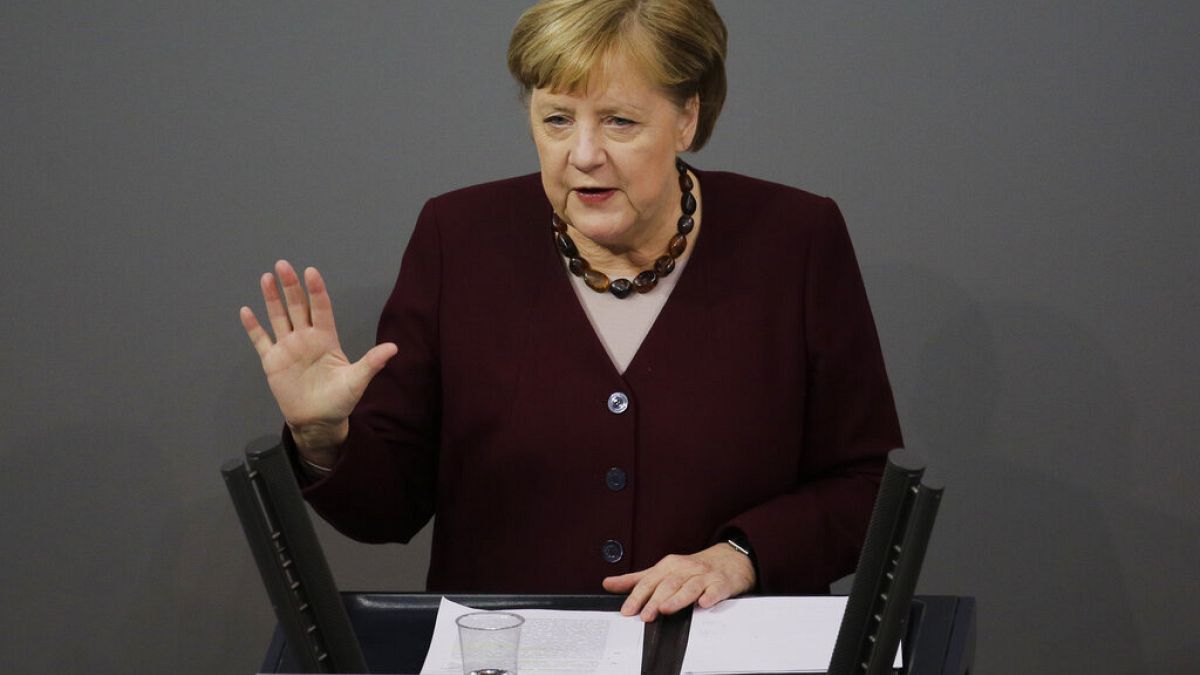Germany will extend its restrictions until early January, Angela Merkel announced on Wednesday evening.
Germany crossed the threshold of one million people testing positive for COVID-19 on Friday, as other European countries carefully relax their restrictions.
Globally, more than 60 million cases of COVID-19 have been officially counted since the start of the pandemic, and nearly 1.4 million people have died from it.
Meanwhile, a former airport in Berlin is preparing to become a vaccination centre against the virus from mid-December.
The whole world is awaiting the arrival of vaccines at the end of December or the beginning of January, with an acceleration of delays in recent days.
Worsening in Germany
Germany has long been considered one of Europe's top students in managing the epidemic. But it has been hit hard by the second wave. On Friday, there were 1,006,394 cases declared (22,806 in the last 24 hours) and 15,586 deaths (426 in the last 24 hours).
The country will now extend its COVID-19 restriction until the beginning of January, Angela Merkel announced on Wednesday. These include closing bars and restaurants and limiting gatherings.
"We still need to make efforts. The number of daily infections is still at a much too high level," Chancellor Angela Merkel said Wednesday evening, after more than seven hours of discussions with the leaders of the 16 German regional states.
Ski season put on hold
Having urged its population not to go abroad during the Christmas holidays, in particular to go skiing, Berlin will ask the European Union to ban stays in winter sports resorts until 10 January, which are to curb the spread of the virus.
But neighbouring Austria plans to open its ski runs And in France, the stations will be able to reopen during the holidays, but the ski lifts will remain closed.
Improvement in France
In France, the situation is improving slightly. If this continues, the lockdown restrictions will be eased on 15 December and replaced by a national curfew, with an exception for the evenings of Christmas Eve and New Year's Eve.
Small businesses will be able to reopen on Saturday and travel will be permitted within a radius of 20 km or for three hours. On the other hand, bars, restaurants and sports halls will keep their doors closed until at least 20 January.
After four weeks of lockdown in the UK, England will also reopen non-essential stores in early December and conduct a mass screening program. But the vast majority of residents will continue to live under the toughest level restrictions.
Elsewhere in the world, Russia on Thursday broke a new record for daily infections and deaths, and South Korea on the same day reported the highest number of new cases since March.

